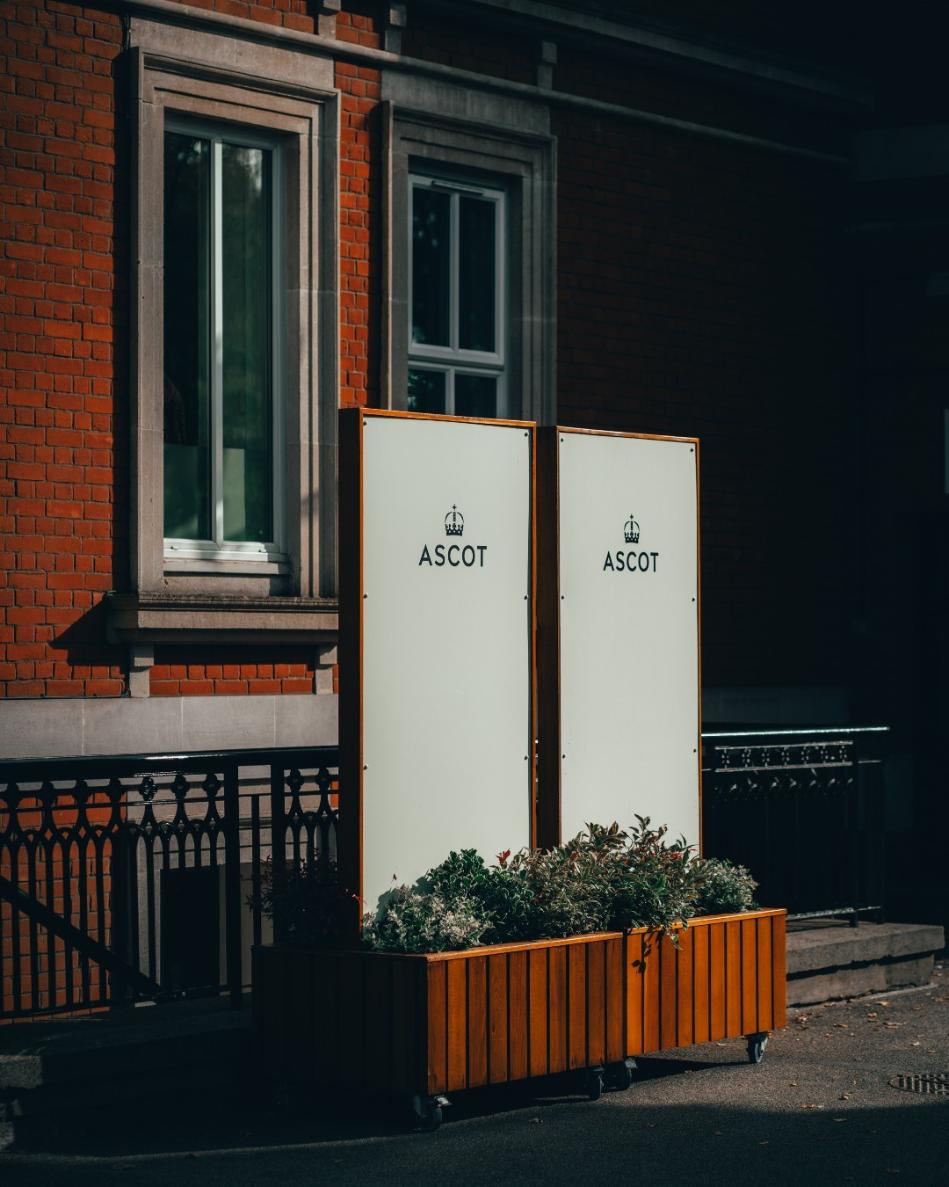From artisanal crepes to rebellious cheesecake waffles, Reading's breakfast rebels are transforming morning meals. These seven spots will revolutionize how you start your day.
Luxury Living Through Deception: Ascot Fraudster's 16-Month Rent-Free Scheme Exposed
In a startling case of high-stakes deception, a court has heard how an audacious imposter managed to live rent-free for over a year in an expensive Ascot flat. The fraudster, described as "vicious," crafted an elaborate persona as a wealthy businessman with an annual income exceeding £170,000. This brazen scheme allowed the individual to occupy the luxurious Berkshire property for an astonishing 16 months without paying a penny in rent.
Court Proceedings Unveil Shocking Details
The details of this extraordinary case of fraud were revealed in court proceedings on Thursday. The case has captured attention not only for the duration of the deception but also for the chosen location of Ascot, an area renowned for its affluence and connection to British high society. As the legal process unfolds, questions arise about the extent of the deception and its impact on the property owners and local community.
The Elaborate Deception Unveiled

The court proceedings revealed the intricate web of lies spun by the fraudster to maintain their lavish lifestyle in Ascot. By presenting themselves as a high-earning businessman with an annual income exceeding £170,000, the imposter managed to secure tenancy in an expensive flat without raising suspicion. This carefully crafted persona allowed the individual to blend seamlessly into the affluent community of Ascot, known for its association with British high society and the famous Ascot Racecourse.
A 16-Month Rent-Free Streak
Perhaps the most astonishing aspect of this case is the duration of the deception. For an incredible 16 months, the fraudster managed to occupy the luxurious Berkshire property without paying a single penny in rent. This extended period of rent-free living not only highlights the sophistication of the scheme but also raises questions about the effectiveness of tenant vetting processes and the potential vulnerabilities in the high-end rental market.
The Impact on Property Owners and Community

The revelation of this fraud has undoubtedly sent shockwaves through the Ascot community and beyond. Property owners, particularly those in the luxury rental market, may now be reassessing their tenant screening procedures to prevent similar incidents in the future. The case also serves as a stark reminder of the financial and emotional toll such deceptions can take on landlords and property management companies.
Legal Consequences and Sentencing

While the court proceedings have brought this audacious scheme to light, the specific legal consequences for the fraudster remain to be fully disclosed. The description of the imposter as "vicious" by the court suggests that the severity of the crime and its impact on the victims will likely be reflected in the sentencing. The case may set a precedent for how similar high-value, long-term rental frauds are handled in the future.
Broader Implications for the Rental Market
This case has broader implications for the rental market, particularly in affluent areas. It highlights the need for more robust verification processes, especially for high-value properties. Landlords and letting agencies may need to implement stricter background checks and financial verifications to protect themselves against sophisticated fraudsters who can convincingly pose as wealthy individuals.
As the legal proceedings continue, this case serves as a cautionary tale for both property owners and the wider community. It underscores the importance of vigilance and due diligence in all financial transactions, even in seemingly exclusive and trustworthy environments like Ascot.
Lessons for the Luxury Real Estate Industry
The Ascot fraud case has sent ripples through the luxury real estate industry, prompting a reevaluation of standard practices. High-end property managers and estate agents are now likely to implement more stringent verification processes, potentially including in-depth financial audits and character references. This incident may lead to the development of new industry standards for vetting prospective tenants in the luxury market, balancing the need for discretion with thorough background checks.
Psychological Profile of a High-Stakes Fraudster
The audacity and sophistication of this scheme provide insight into the mindset of high-stakes fraudsters. The ability to maintain such an elaborate deception for over a year suggests a level of confidence and charm that allowed the perpetrator to navigate social circles in Ascot without arousing suspicion. This case may prompt further study into the psychological traits that enable individuals to carry out long-term, high-value frauds, potentially aiding in the development of more effective prevention strategies.
Technological Solutions for Fraud Prevention
In response to this incident, the real estate industry may turn to technological solutions to enhance fraud detection. Advanced AI-driven background check systems, blockchain-based identity verification, and real-time financial monitoring could become standard tools in the luxury rental market. These innovations may help create a more secure ecosystem for high-value property transactions, reducing the risk of similar frauds in the future.
Reputational Consequences for Ascot
While Ascot has long been associated with prestige and exclusivity, this incident may temporarily tarnish its reputation. Local authorities and business leaders may need to take proactive steps to reassure potential residents and investors about the safety and integrity of the local property market. This could lead to community-wide initiatives aimed at strengthening local regulations and promoting transparency in real estate transactions.
Legal Precedents and Future Deterrence
The outcome of this case could set important legal precedents for dealing with sophisticated rental frauds. The sentencing and any civil penalties imposed may serve as a deterrent for potential imitators. Legal experts may closely analyse the case to identify any loopholes in current laws that allowed this fraud to continue for so long, potentially leading to legislative reforms to better protect property owners and legitimate tenants alike.
